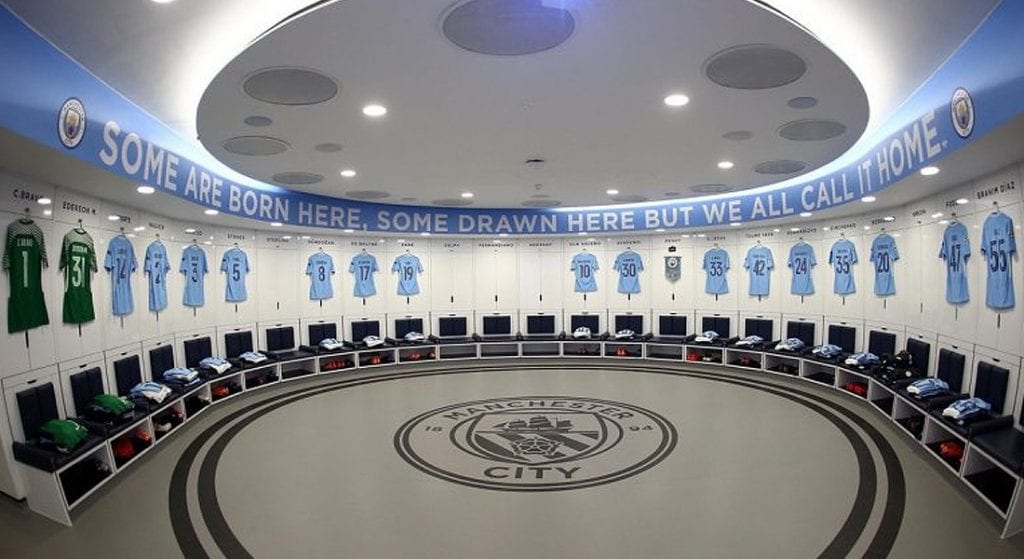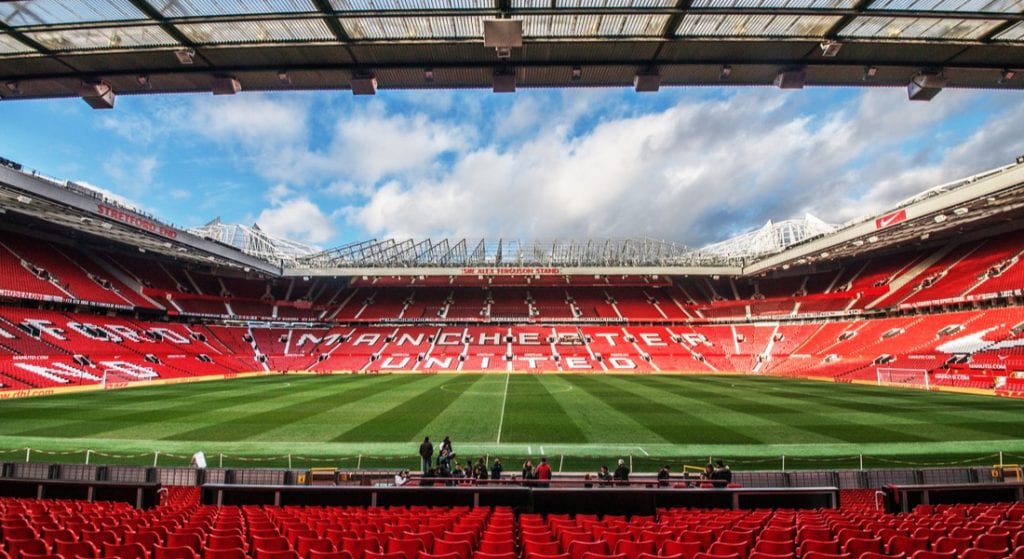As the Global pandemic brings football to a halt, for many of us there are more important things going on.
There’s no doubting the severity of what’s happening across the globe and our hearts and minds go out to everyone affected by the virus. We’re digging in, staying indoors and together, even if apart, we’re getting through it.
But football agents – like everyone else – still need to work and still need to put bread on the table.
The entire football industry hasn’t suddenly gone on a special paid holiday sunning it up until it all blows over, no matter what some might think.
There are real concerns – across the globe – that sporting events face the genuine risk of being abandoned indefinitely.
But whilst this a big blow for the industry it will not be a fatal one. Far from it.
Football is no more immune to the economic ramifications of social distancing and the coronavirus than any other industry.
There are unique challenges here certainly, but they call for creative solutions and creative people.
Whatever happens next, the number one responsibility for football agents is to remain on top of the news and any developments.
We are mediators amid the madness and more than just level-headedness need authority and understanding.
Within the often-confusing structure of football, it is us who must remain focused on the rules, on the process and communicating this to those who matter most, the players.
This is a unique opportunity to enter football at a revolutionary time, where leagues could be restructured, deals relaxed and money, eventually, flowing to areas of the game often neglected.
Closed-door matches are a genuine possibility, domestic transfer windows could boom, the show will go on.
In the meantime, everything from international transfers to tournament win bonuses in players’ contracts remain, like everything else, suspended in a coronavirus induced limbo.
But it is those who achieve clarity amidst the inevitable deluge of information coming for us in the next few months who’ll be best placed to help achieve the perfect vision of football’s return.
Knowledge, understanding and patience are every agent’s greatest assets as we enter one of the most unprecedented periods in football’s history.




